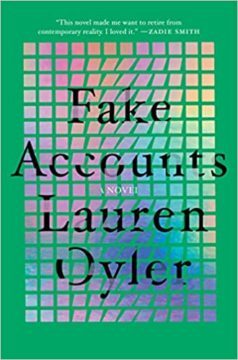Ryan Ruby in the New Left Review:
 Since its consolidation at the end of the eighteenth century, the realist novel has been the premier vehicle for the depiction of contemporary life. For over two hundred years, a relatively fixed set of representational techniques – point-of-view, voice, description, dialogue, plot – has managed to adapt to the radical transformations of modernity: the nuclearization of the family, the entry of women into public life, the liberalization of sexual mores, industrialization and deindustrialization, urbanization and suburbanization, secularization, the lifeworlds of dominated classes and colonized nations, war on a planetary scale, and new conceptions of cognition and identity formation, to name just a few. By doubling down on its core strength – the linguistic representation of inner experience – the novel even managed to fend off challenges from rival media, like film and television. But over the last decade or so it has become clear that changes in the texture of the contemporary itself, due primarily to the diffusion of digital networked media, have begun to strain the capacity of the novel – as an institution, as a medium, as a form – to fulfil its traditional remit.
Since its consolidation at the end of the eighteenth century, the realist novel has been the premier vehicle for the depiction of contemporary life. For over two hundred years, a relatively fixed set of representational techniques – point-of-view, voice, description, dialogue, plot – has managed to adapt to the radical transformations of modernity: the nuclearization of the family, the entry of women into public life, the liberalization of sexual mores, industrialization and deindustrialization, urbanization and suburbanization, secularization, the lifeworlds of dominated classes and colonized nations, war on a planetary scale, and new conceptions of cognition and identity formation, to name just a few. By doubling down on its core strength – the linguistic representation of inner experience – the novel even managed to fend off challenges from rival media, like film and television. But over the last decade or so it has become clear that changes in the texture of the contemporary itself, due primarily to the diffusion of digital networked media, have begun to strain the capacity of the novel – as an institution, as a medium, as a form – to fulfil its traditional remit.
The reason most often given for this is that, bound to the format and economics of the book, an increasingly Jurassic technology, the novel’s production cycle cannot keep pace with the accelerated timescale of the internet, which contracts what counts as the contemporary into shorter and shorter units of duration by flooding the collective consciousness with data.
More here.
